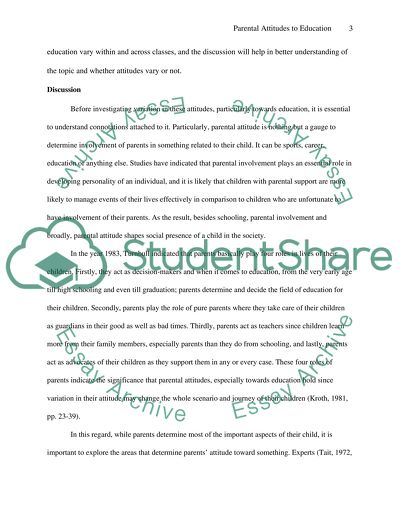Cite this document
(“Discuss the view that parental attitudes to education vary WITHIN and Essay”, n.d.)
Retrieved from https://studentshare.org/sociology/1475685-ypdiscuss-the-view-that-parental-attitudes-to
Retrieved from https://studentshare.org/sociology/1475685-ypdiscuss-the-view-that-parental-attitudes-to
(Discuss the View That Parental Attitudes to Education Vary WITHIN and Essay)
https://studentshare.org/sociology/1475685-ypdiscuss-the-view-that-parental-attitudes-to.
https://studentshare.org/sociology/1475685-ypdiscuss-the-view-that-parental-attitudes-to.
“Discuss the View That Parental Attitudes to Education Vary WITHIN and Essay”, n.d. https://studentshare.org/sociology/1475685-ypdiscuss-the-view-that-parental-attitudes-to.


